The financial services industry and the enforcement agencies that regulate it are in a collective state of panic right now, as they should be, after thousands of suspicious activity reports (SARs) filed by the world’s largest banks were leaked to the media.
While the disclosure of SARs themselves constitutes a criminal offense, there’s nothing earth-shattering about systemic failures in anti-money laundering (AML) compliance. What is noble about the efforts of the consortium of journalists that have been painstakingly sifting through these SARs, however, is that it brings banks’ shady activities out of the shadows in a way and to a degree that they’ve never been exposed before.
What these “FinCEN Files” exposed isn’t so much a lack of controls in AML compliance programs, but rather an overall lack of integrity and failure to lead by example across the entire financial system. This is most apparent in the statements provided to BuzzFeed, which broke the story, from the banks in response to the release of these documents.
Nearly all the banks responded by touting the billions they’ve spent ramping up their AML controls with state-of-the-art transactions monitoring and sanctions screening solutions; highlighting their hiring of thousands of full-time compliance staff dedicated to preventing, detecting, and reporting suspicious transactions; and off-boarding customers and correspondent banking relationships in response regulatory settlements.
They also talked about the importance of complying with laws, assisting enforcement authorities, and protecting the global financial system. Nowhere, however, do they speak of ethics, integrity, and the importance of leading by example.
Even though SARs concern potential “suspicious activity” of banking customers and aren’t by themselves proof of criminal activity, that doesn’t mean they should be used as get-out-of-jail-free cards. Many in the financial services industry will argue, and have argued, that it’s important to take care not to terminate relationships with “innocent” customers. Sure, that would be a logical argument when backed by a sincere concern. But, more times than not, bank executives know the truth. They’re not fooling anybody, including themselves.
Compliance has been taking some heat in the wake of these reports. It’s banks’ senior leadership that failed, not the folks filing all those SARs.
If you don’t listen to your gut instinct, at the very least, heed the warnings of your compliance department. There’s no lack of case studies about chief compliance officers or chief risk officers warning senior leadership about suspicious transactions, advising that certain clients should be dropped. But these concerns often ultimately go ignored, swept under the rug.
Remember the Bernie Madoff scandal? It’s a fascinating tale of two banks. One bank, JPMorgan Chase, suspected that a client, Madoff, was engaging in a Ponzi scheme. Another bank involved in these transactions, “Madoff Bank 2,” according to government documents, also recognized them as suspicious and without any legitimate business purpose. “Madoff Bank 2” not only filed a SAR but closed the account, prompting Madoff to move all his accounts to JPMorgan Chase, which was ultimately hit with $1.7 billion in penalties for violations of the Bank Secrecy Act.
It was the same story with accused child sex trafficker Jeffrey Epstein. JPMorgan Chase executives knew he was a problematic, high-risk customer. The compliance function went so far as to reportedly recommend the bank cut ties with him altogether. Those warnings went ignored for years.
No senior executive of any bank is going to say they don’t want to be a part of fixing the global financial system, but that starts from within. It starts with senior leaders having the courage to lead by example, to lead with integrity, to heed the warnings of their compliance function, to not wait for enforcement authorities to tell you what you already know in your gut is the right decision.
Imagine if every bank leadership team refused to do business with criminals? How would all that dirty money flow?


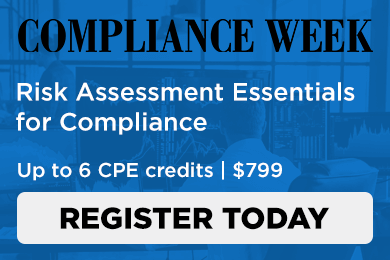
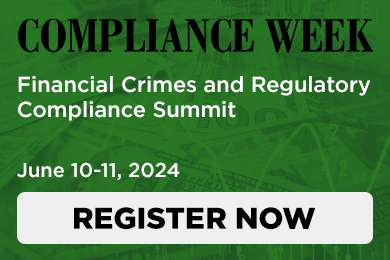




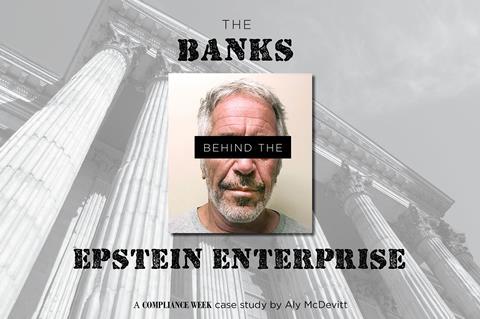
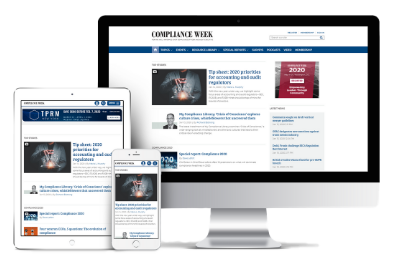

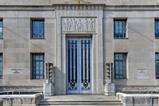

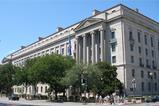







No comments yet